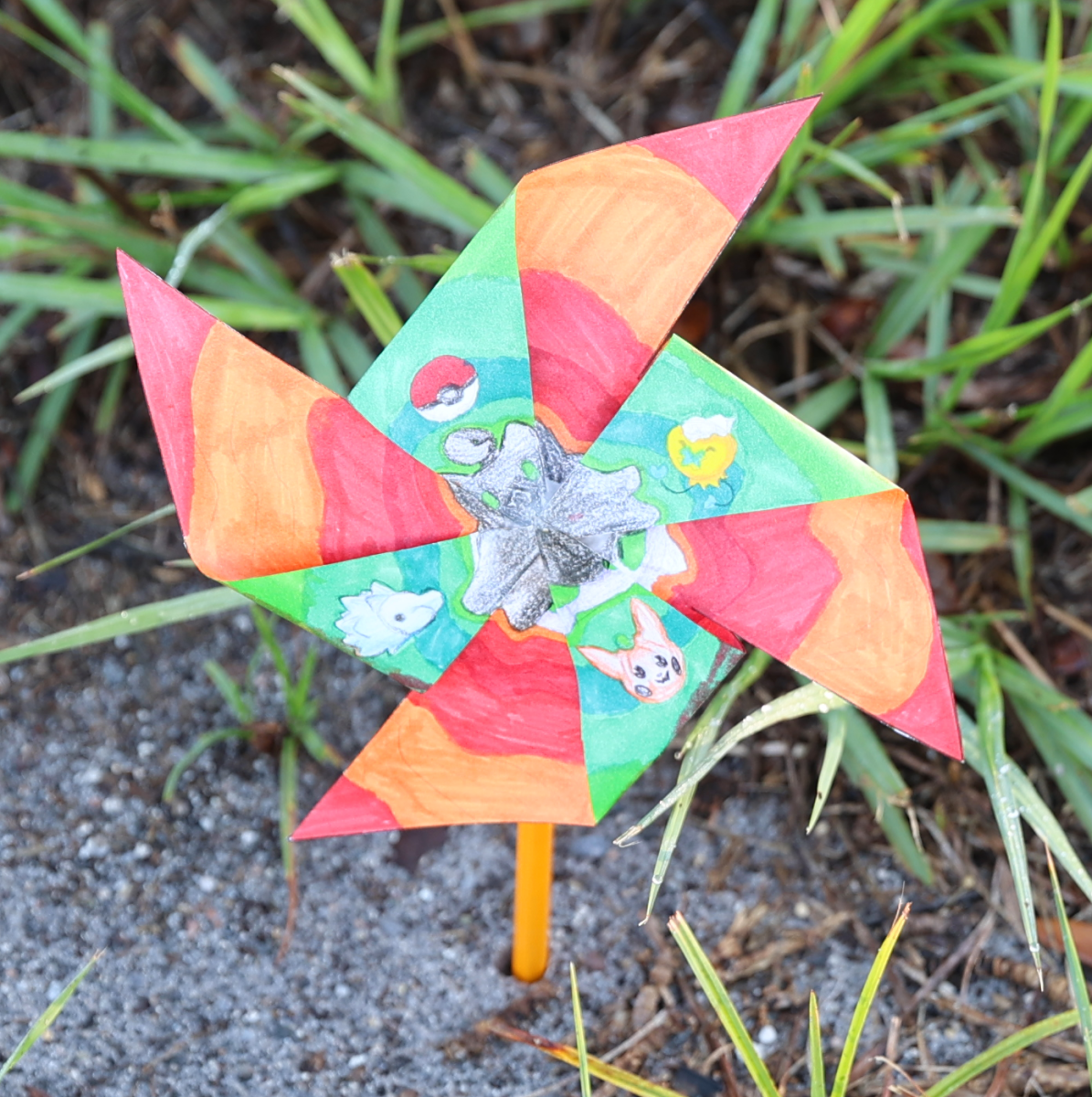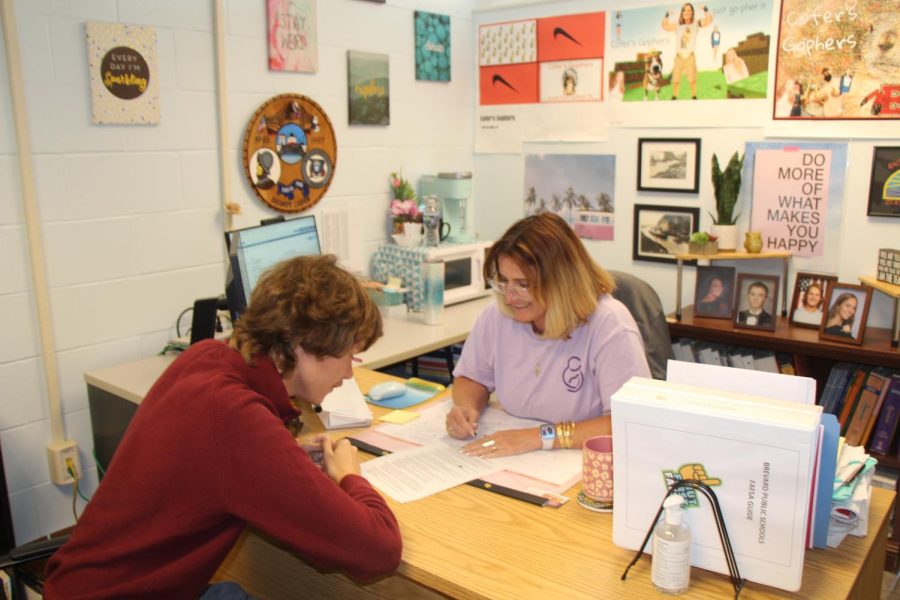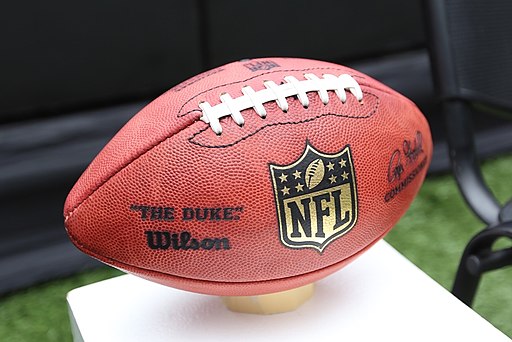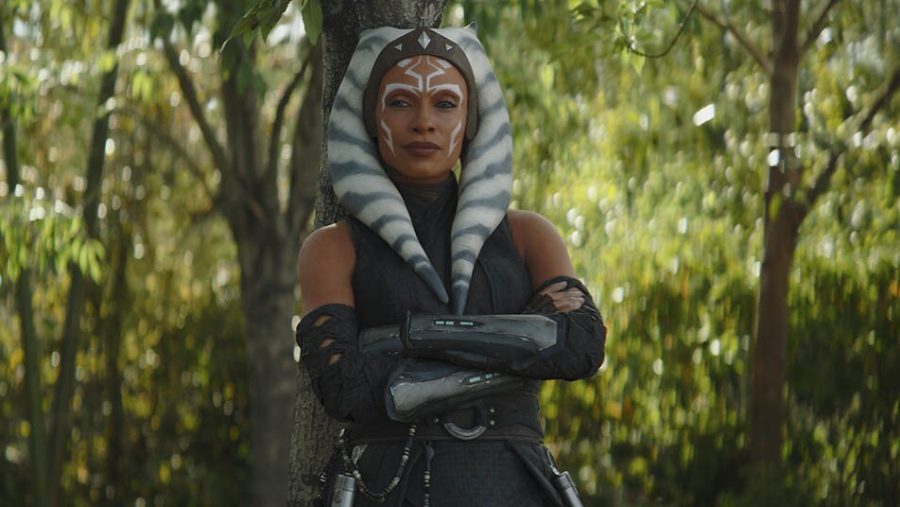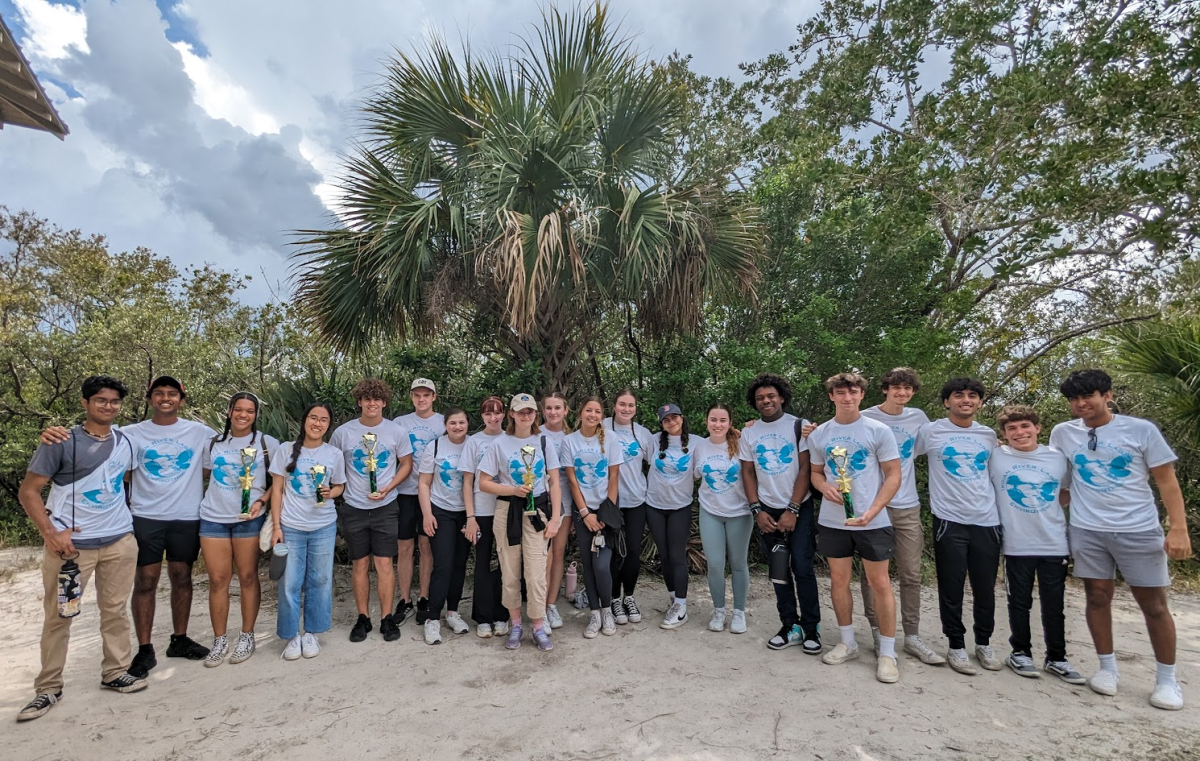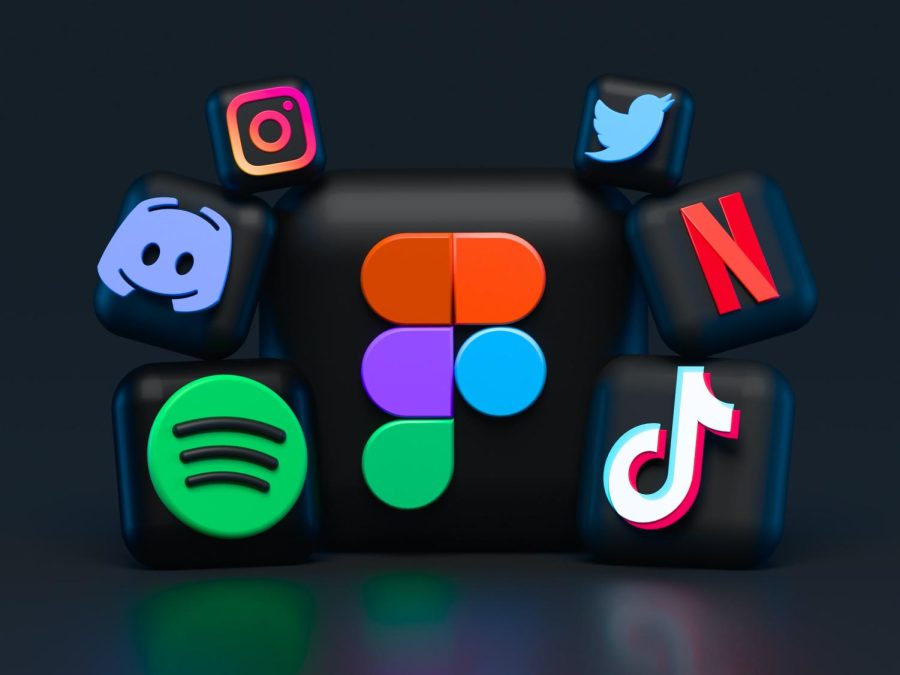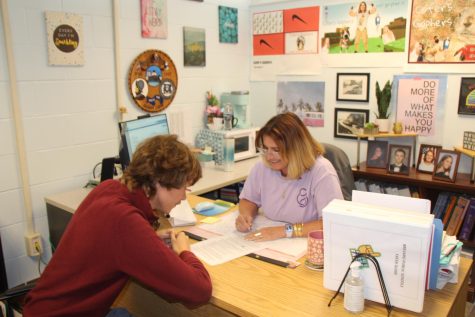The dangers of social media
Most people are on at least one form of social media, but many don’t realize the negative effects it has on their lives.
About half of the world’s population, 4.7 billion, has social media. So, by definition, what exactly is social media? Social media is defined by Webster’s Dictionary as being “forms of electronic communication (such as websites for social networking and microblogging) through which users create online communities to share information, ideas, personal messages, and other content.” On these platforms, many things can happen, both bad and good. Unfortunately, there are a lot of negative effects and dangers of social media.
Depression and anxiety are very serious problems that can start for various reasons, such as trauma, genetic factors, and major changes to lifestyle. Another cause that is not always talked about is social media. Social media can cause depression because it can make people feel left out and isolated. A study conducted by the University of Pennsylvania in late 2018 had 143 college students at the University of Pennsylvania randomly allocated to either use Facebook, Instagram, and Snapchat for no more than 10 minutes each day over the next three weeks, or to use the platforms as usual. They found that in comparison to the control group, the limited use group had significant decreases in loneliness and sadness over the course of the three weeks. Significant reductions in anxiety was observed in both groups, showing the advantages of self-monitoring. People usually feel depressed on social media because the connections and time spent on social media have been found to generally be not as satisfying as real-life interactions, and most people are left feeling empty after a long period of time spent online. Also, social media is very filtered and fake, and many unhealthy comparisons stem from fake and unrealistic images plastered all over. What exactly are these unhealthy comparisons, and what causes them?
Many studies have found a definite link between social media and self-esteem problems caused by unhealthy comparisons to others. In today’s world, filters, photoshop, and editing technology play a large role in societies low self-esteem. Sadly, there are many celebrities out there who capitalize on the insecurities of everyday people by promoting unhealthy habits and unrealistic beauty standards. These celebrities have often gone under the knife for various different surgeries and then lied about having done so. An unrealistic view of one’s body can result in unreasonable expectations of how it should look, which can then cause disordered eating habits. Time spent on social media and having a negative body image are related according to studies. Particularly when participants were looking through appearance-related Instagram profiles, such as those of a fitness instructor or model, the association was obvious. People often show their best selves in the social media pictures they post. By constantly exposing you to the ideal body type on social media, social media can damage your self-image by encouraging you to always compare your appearance to certain societal ideals. Additionally, users nowadays have easy access to Photoshop and other filters, which contribute to the false body image that is dealt with.
Finally, one of the last reasons why social media can be a negative influence is it can allow negative things like cyberbullying to thrive. Online, people can hide behind their screen and can say whatever they want because it is much harder to track them down. They can easily leave negative comments on posts and message people privately. There are often less consequences for perpetrators online, simply because it is not known who is leaving the mean comments or sending the offensive messages. Also, according to Dr. Amanda L. Giordano of the University of Georgia, the perpetrator does not know what damage the are causing to the victim, and they do not have the same consequences the would have in-person. Often, if people are cyberbullied, it can lead to depression, anxiety, and other stress-related issues. No one should have to deal with bullying, and sadly, many cases go unreported and unsolved. Cyberbullying online can be stopped by talking to a trusted adult or reporting it to the social media platform.
All in all, social media can be both bad and good. Unfortunately, it can also contribute to things like depression, low self esteem, and cyberbullying. Some ways that the negative effects of social media can be combated are by reducing time spent on these platforms, by being mindful of what you are seeing on social media and how it is effecting you, and by turning off notifications so you aren’t constantly tempted to look. If you do any of these things, you will most likely feel better about yourself, your mental health, and your safety online.
Your donation will support the student journalists of Edgewood Jr/Sr High School. Your contribution will allow us to purchase equipment and cover our annual website hosting costs.

Cecilia is an 8th grader at Edgewood, and it is her first year on staff. She enjoys playing lacrosse, cooking, and spending time with friends.


